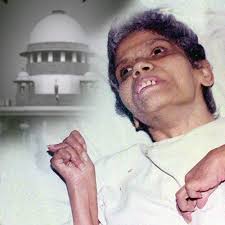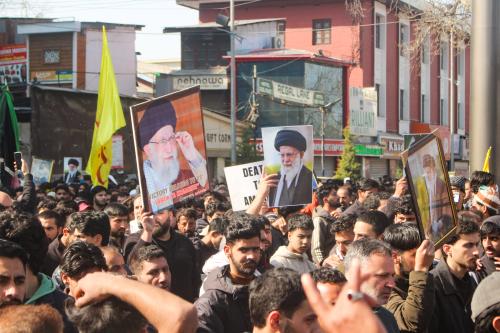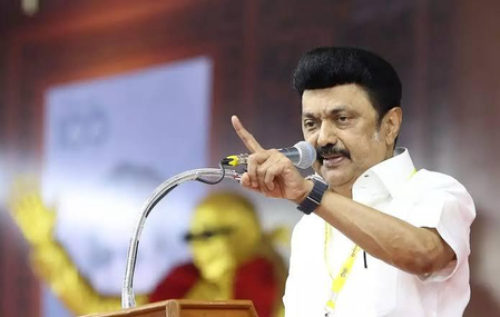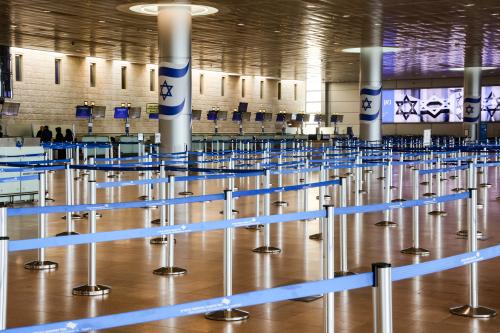New Delhi: In a landmark ruling that makes it legal for a terminally ill individual to decline use of life support measures and allows families of those in incurable coma to withdraw such measures to reduce the period of suffering, the Supreme Court Friday permitted passive euthanasia. It also recognized the right to an “advance directive” (also called living will), spelling out views and wishes regarding medical treatment in terminally ill situations. A five-judge Constitution Bench of the Supreme Court, headed by Chief Justice of India Dipak Misra, ruled that “smoothening” the process of death for terminally ill patients with no chance of recovery was integral to life with dignity. The ruling, which runs into 538 pages, came on a petition filed by NGO Common Cause. “This is an important, historic decision which clears the air. Everybody will breathe a sigh of relief because people were earlier apprehensive that if they withdrew life support, they could be prosecuted for culpable homicide,” Prashant Bhushan, lawyer for Common Cause, said. The Constitution Bench, interpreting Article 21 which deals with the right to life or personal liberty, said “it has to be stated without any trace of doubt that the right to life with dignity has to include the smoothening of the process of dying when the person is in a vegetative state or is living exclusively by the administration of artificial aid that prolongs life by arresting the dignified and inevitable process of dying”. The judges said that the “right of a dying man to die with dignity when life is ebbing out, and in the case of a terminally ill patient or a person in permanent vegetative state, where there is no hope of recovery, accelerating the process of death for reducing the period of suffering constitutes a right to live with dignity”. “Our directions with regard to the advance directive and the safeguards… shall remain in force till Parliament makes legislation on this subject,” CJI Misra and Justice A M Khanwilkar, who authored the main judgement, said. Justices A K Sikri, D Y Chandrachud and Ashok Bhushan wrote three separate judgements, concurring with the main verdict. Passive euthanasia refers to speeding up the process of dying by withholding life-prolonging measures and resources. This could be either at the express or implied request of the person (voluntary euthanasia) or in the absence of such approval/consent (non-voluntary euthanasia). On advance directive, CJI Misra said though there was no legal framework in India, the Supreme Court was obliged to protect the right of the citizens enshrined under Article 21 of the Constitution. “In our considered opinion, advance medical directive would serve as a fruitful means to facilitate the fructification of the sacrosanct right to life with dignity,” he said. Referring to the scope for misuse of advance directive, the bench laid down guidelines on who could execute the advance directive and how, what should it contain, how should it be recorded and preserved, when and by whom can it be given effect to, what if permission is refused by the medical board, and also in the event of revocation or inapplicability of advance directive. It also spelt out guidelines to be followed in cases of no advance directive, saying that such persons cannot be “alienated”. The CJI’s judgement detailed what the court meant by “no cure”: “The words ‘no cure’ have to be understood to convey that the patient remains in the same state of pain and suffering or the dying process is delayed by means of taking recourse to modern medical technology. It is a state where the treating physicians and the family members know fully well that the treatment is administered only to procrastinate the continuum of breath of the individual and the patient is not even aware that he is breathing. Life is measured by artificial heartbeats and the patient has to go through this undignified state which is imposed on him.” The dignity of life is denied to such a person “as there is no other choice but to suffer an avoidable protracted treatment thereby thus indubitably casting a cloud and creating a dent in his right to live with dignity and face death with dignity, which is a preserved concept of bodily autonomy and right to privacy”, it said. Justice Sikri, in his verdict, hoped that the legislature would step in at the earliest and enact a comprehensive law on ‘living will/advance directive’ so that “there is a proper statutory regime to govern various aspects and nuances thereof which also take care of the apprehensions that are expressed against euthanasia”. Concurring with the CJI’s verdict, he said “a dreadful, painful death on a rational but incapacitated terminally ill patient are an affront to human dignity”. Justice Chandrachud wrote: “Dignity is the core value of life and personal liberty which infuses every stage of human existence. Dignity in the process of dying as well as dignity in death reflect a long yearning through the ages that the passage away from life should be bereft of suffering.” “In matters as fundamental as death and the process of dying, each individual is entitled to a reasonable expectation of the protection of his or her autonomy by a legal order founded on the rule of law. A constitutional expectation of providing dignity in death is protected by Article 21 and is enforceable against the state,” he said. On the advance directive, Justice Chandrachud said “the reason for recognizing” it “is based on individual autonomy.” He said that “as an autonomous person, every individual has a constitutionally recognized right to refuse medical treatment. The right not to accept medical treatment is essential to liberty. Medical treatment cannot be thrust upon an individual… The reasons which may lead a person in a sound state of mind to refuse medical treatment are inscrutable. Those decisions are not subject to scrutiny and have to be respected by the law as an essential attribute of the right of the individual to have control over the body. The state cannot compel an unwilling individual to receive medical treatment”. Concurring, Justice Bhushan too said “an adult human being having mental capacity to take an informed decision has the right to refuse medical treatment including withdrawal from life saving devices”. In 2011, the Supreme Court had recognized passive euthanasia in the Aruna Shanbaug case by which it had permitted withdrawal of life-sustaining treatment from patients not in a position to make an informed decision. NGO Common Cause filed a PIL, saying safeguards were needed while taking a decision by medical boards to withdraw life support of a terminally-ill patient. On January 15, 2016, the Centre said the 241st report of the Law Commission stated that passive euthanasia should be allowed with certain safeguards and there was also a proposed law — Medical Treatment of Terminally Ill Patient (Protection of Patients and Medical Practitioners) Bill.
Terminally ill allowed to pull the plug, rules Supreme Court
- by Rinku
- March 09, 2018 2 minutes

terminally ill-1
Your Stars March 9 – March 23
March 12, 2018










